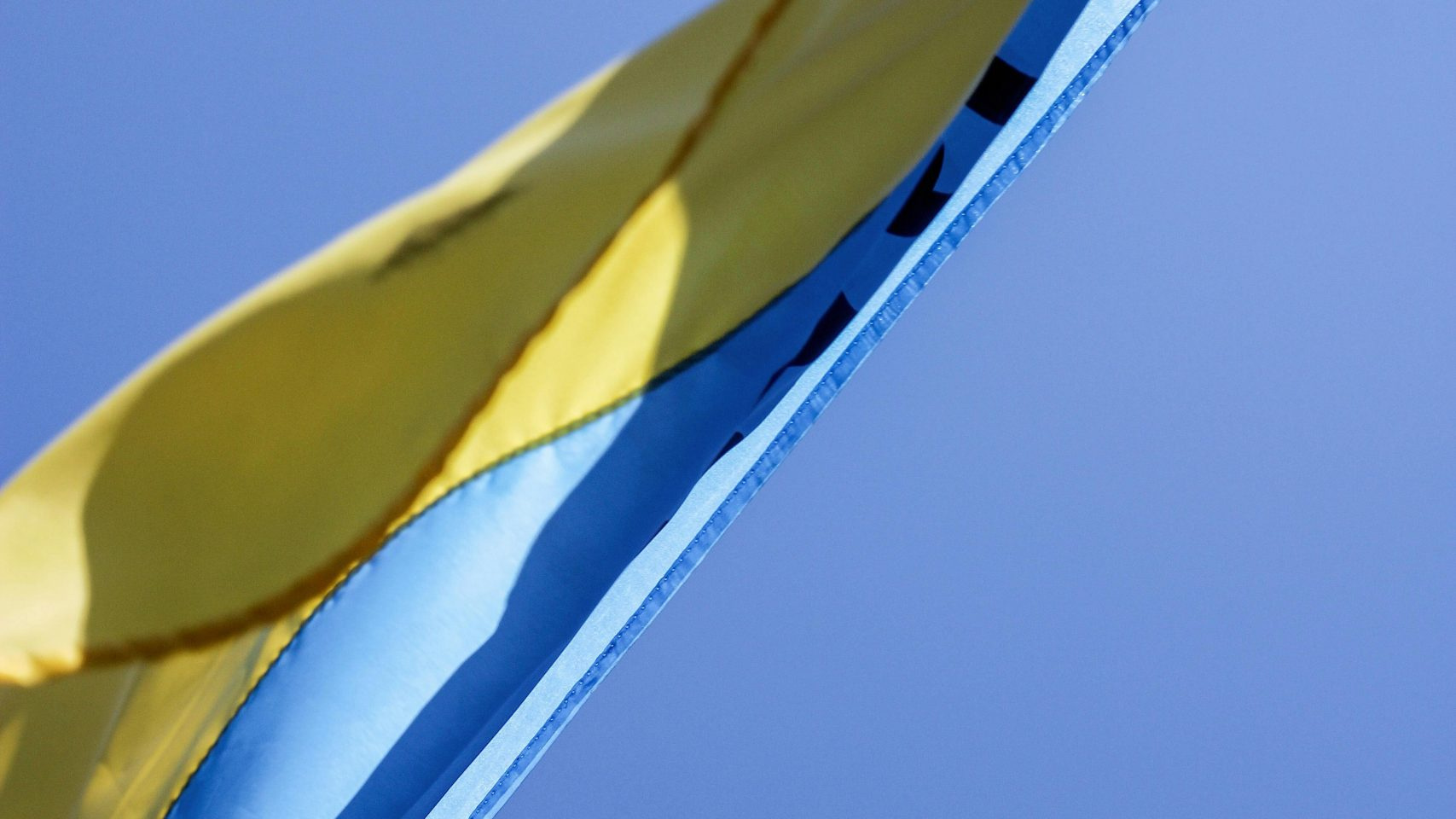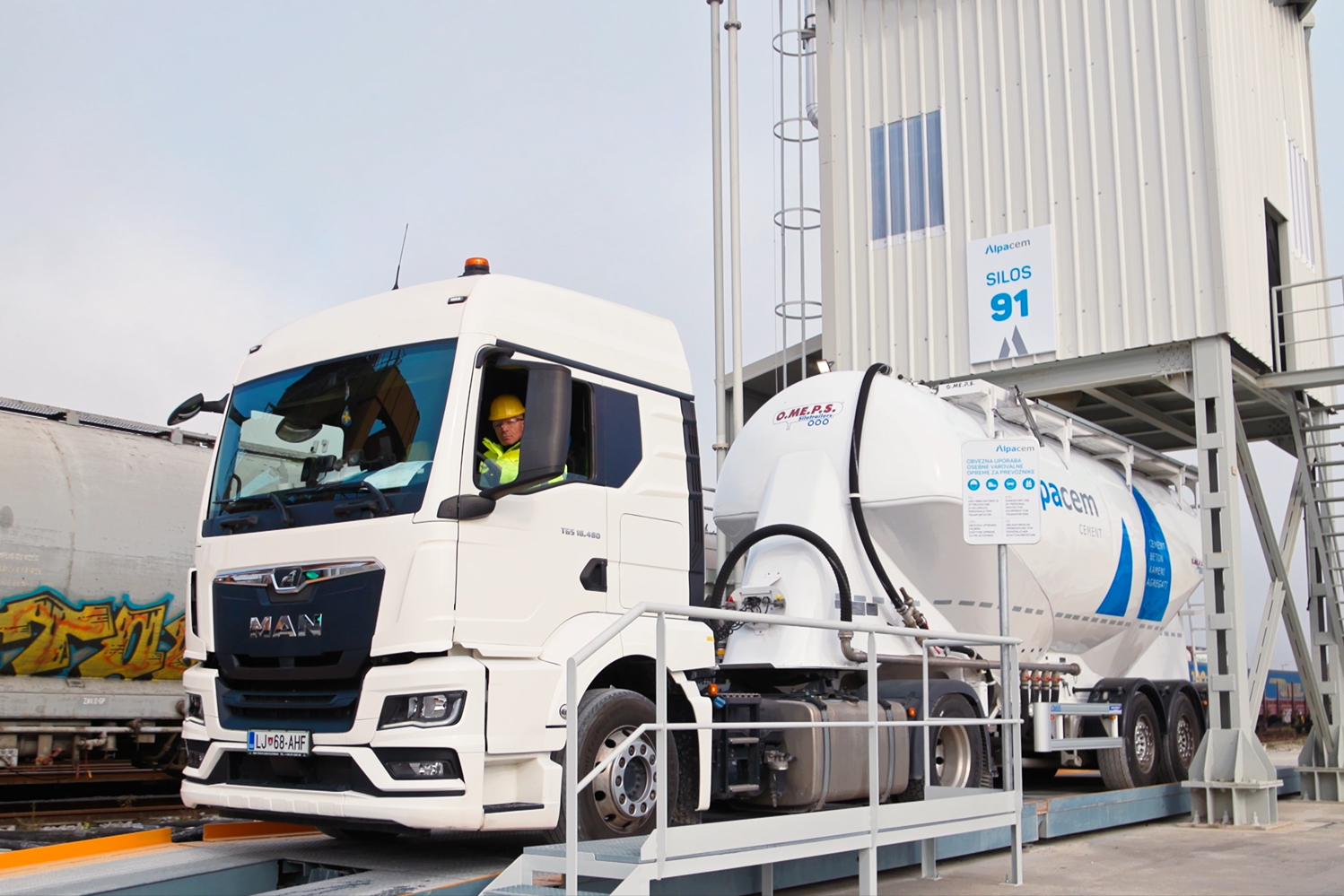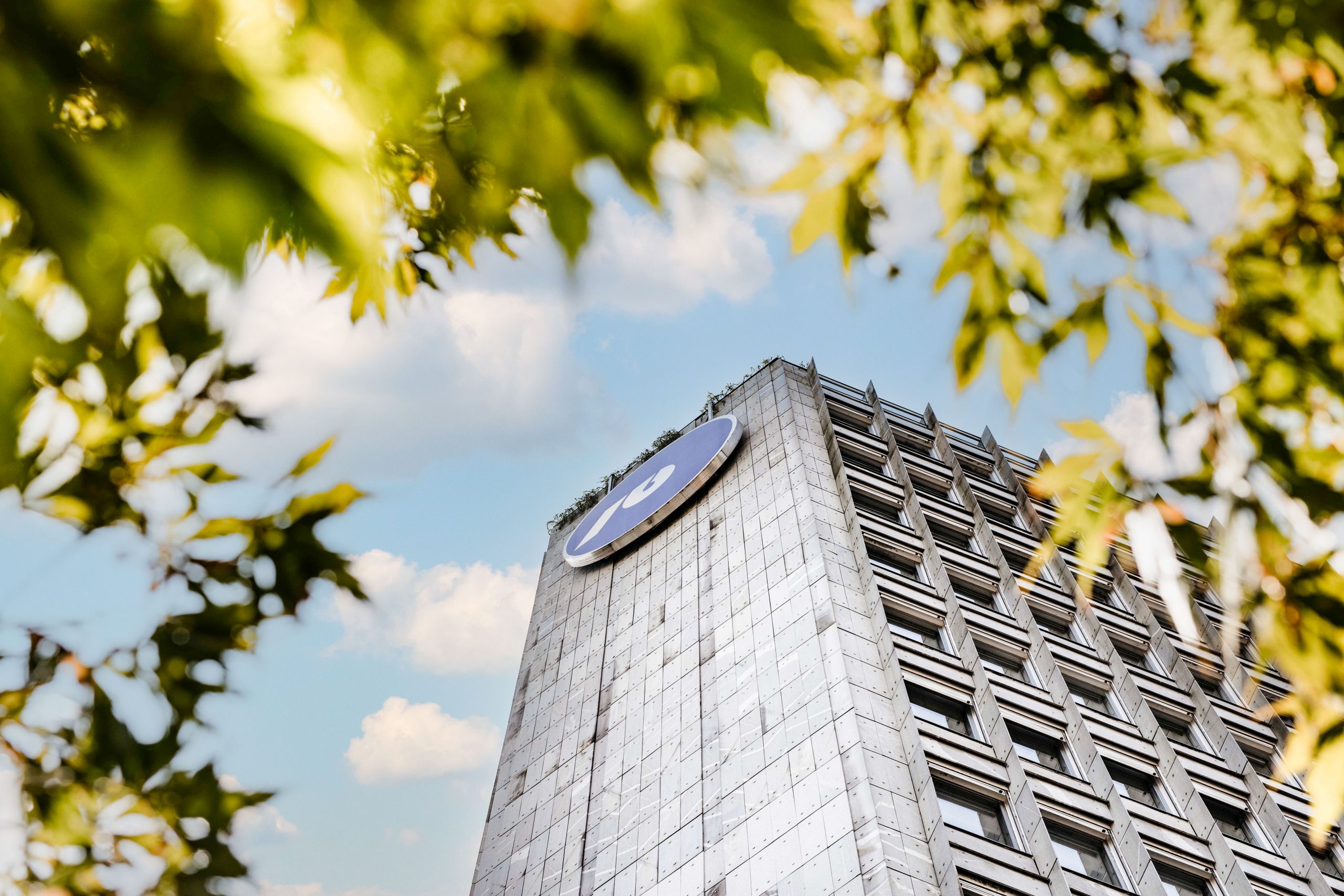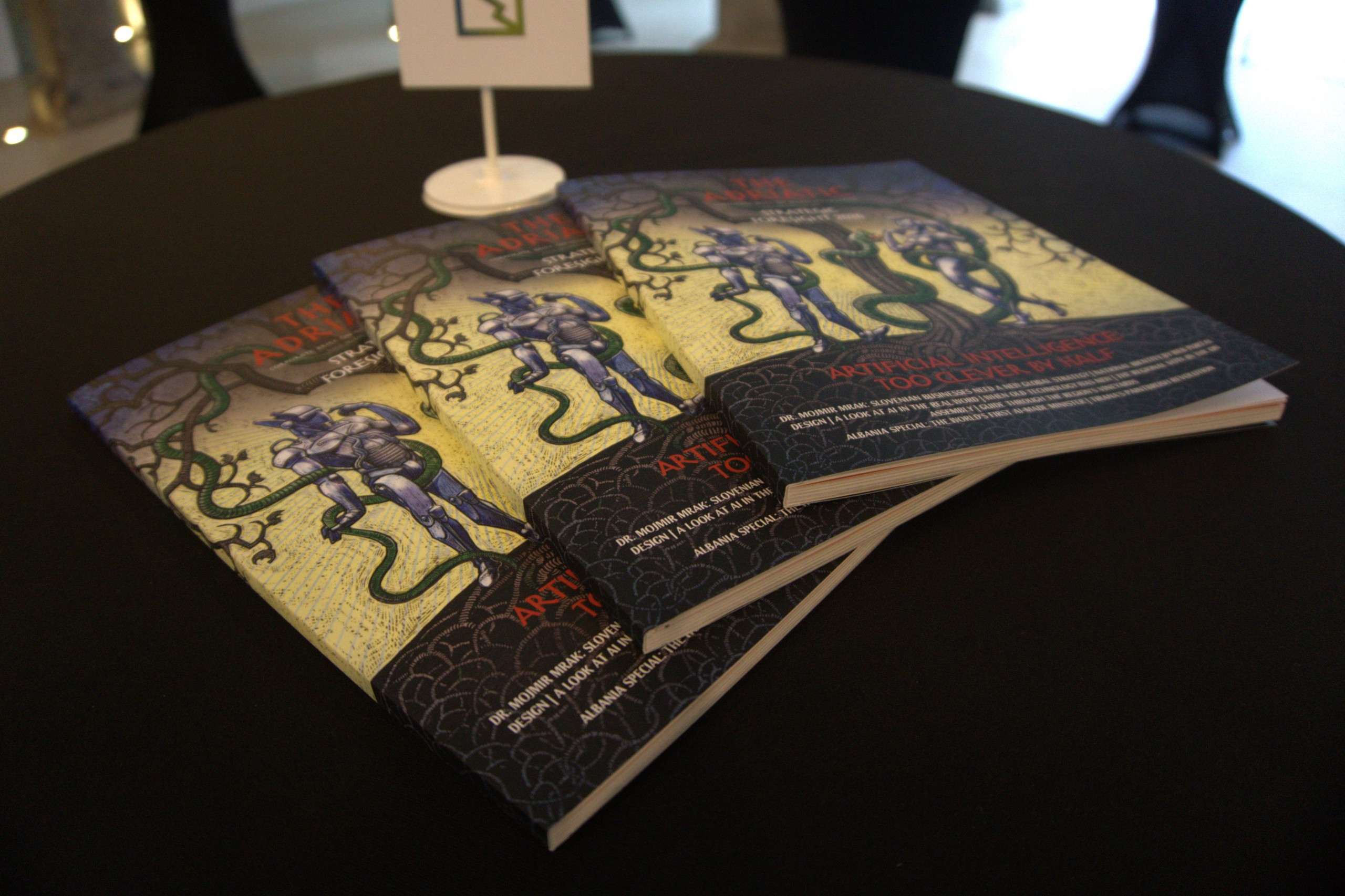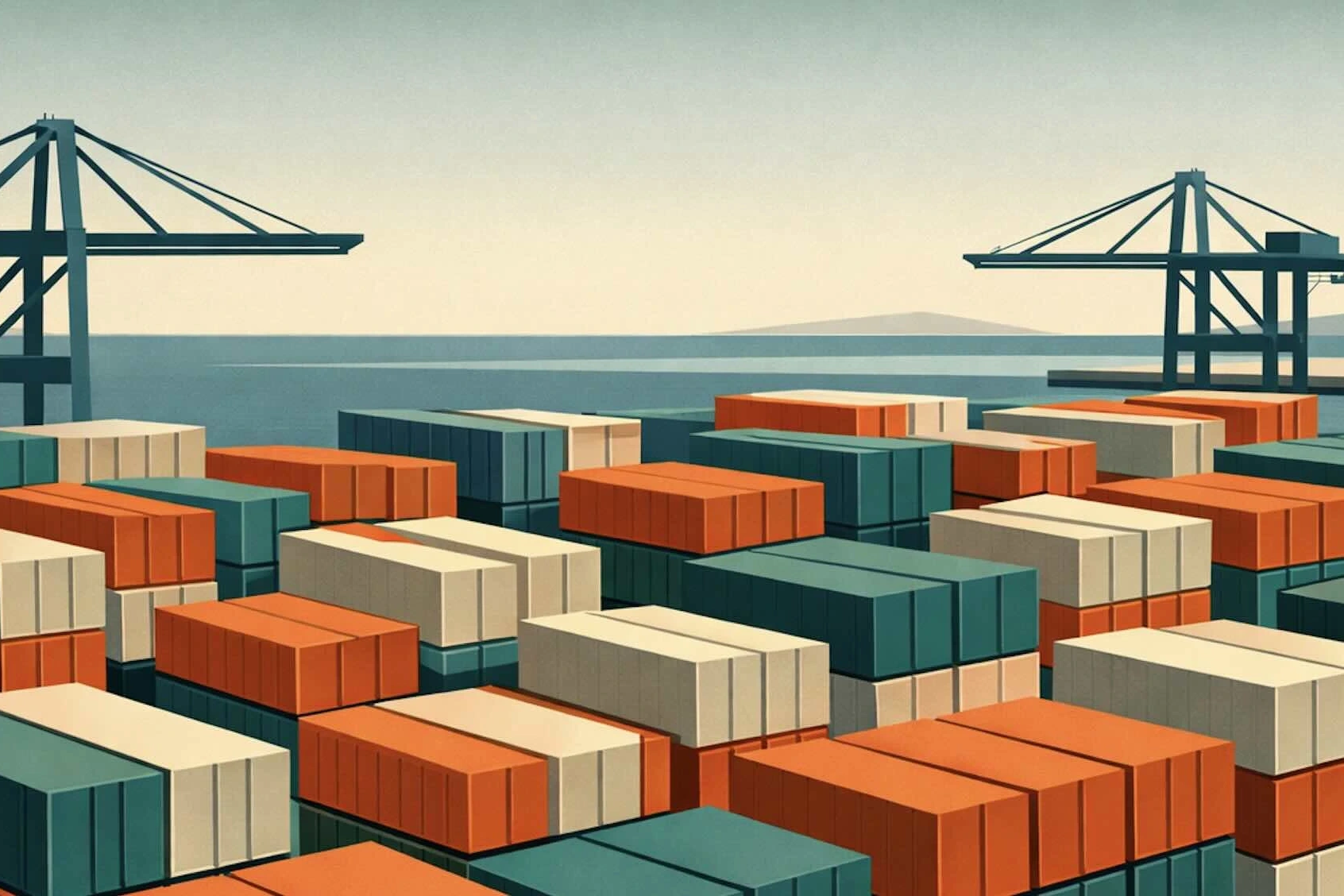Bridges before bullets
While defense dominates headlines amid uncertain U.S. commitments, Ukraine’s reconstruction represents both a moral imperative and strategic opportunity, reminding us that true security is built not just with arms, but with roads, schools, and bridges.
Tine Kračun
The week began on the Adriatic coast, in Opatija, where Slovenia’s Delo and Croatia’s Jutarnji list convened a conference on infrastructure investment. It concluded high in the Julian Alps, in Planica, with a conference on Ukraine’s reconstruction—an event we at ISR co-hosted with SPIRIT Slovenia and the Ukrainian Embassy in Ljubljana. Though geographically distinct, the themes of both gatherings converged: the essential role of public investment in infrastructure as a potent engine of economic growth. Construction projects, after all, yield a far greater multiplier effect on GDP than defence spending, which—while at times necessary—delivers modest economic returns.
And yet, the global conversation remains fixated on rearmament. But understandably so. Europe must remain vigilant in the face of real and potential threats to its security and stability. The evolving posture of U.S. foreign policy has left the continent in a kind of strategic limbo. Since the Second World War, the United States has been Europe’s chief guarantor of peace—a transatlantic anchor that allowed European nations to pursue economic integration, keep defence budgets lean, and trust in a broader security umbrella. That model, though not without critics, helped preserve peace on a continent historically prone to conflict whenever arms races took hold. But with America’s commitment now less certain, Europe faces difficult choices.
The urgency, however, lies not in rearmament alone, but in securing peace in Ukraine. Sooner rather than later, a settlement must be reached—one that not only halts the violence but ensures long-term stability for Ukraine and the wider region. Rebuilding Ukraine is not merely a moral imperative; it is a strategic one. It is also an opportunity for countries like Slovenia to play a meaningful role—not just by offering political support, but through tangible engagement in reconstruction efforts that lay the foundation for a more resilient Europe.
Security, ultimately, is not just built with arms—but with roads, schools, hospitals, and bridges.

